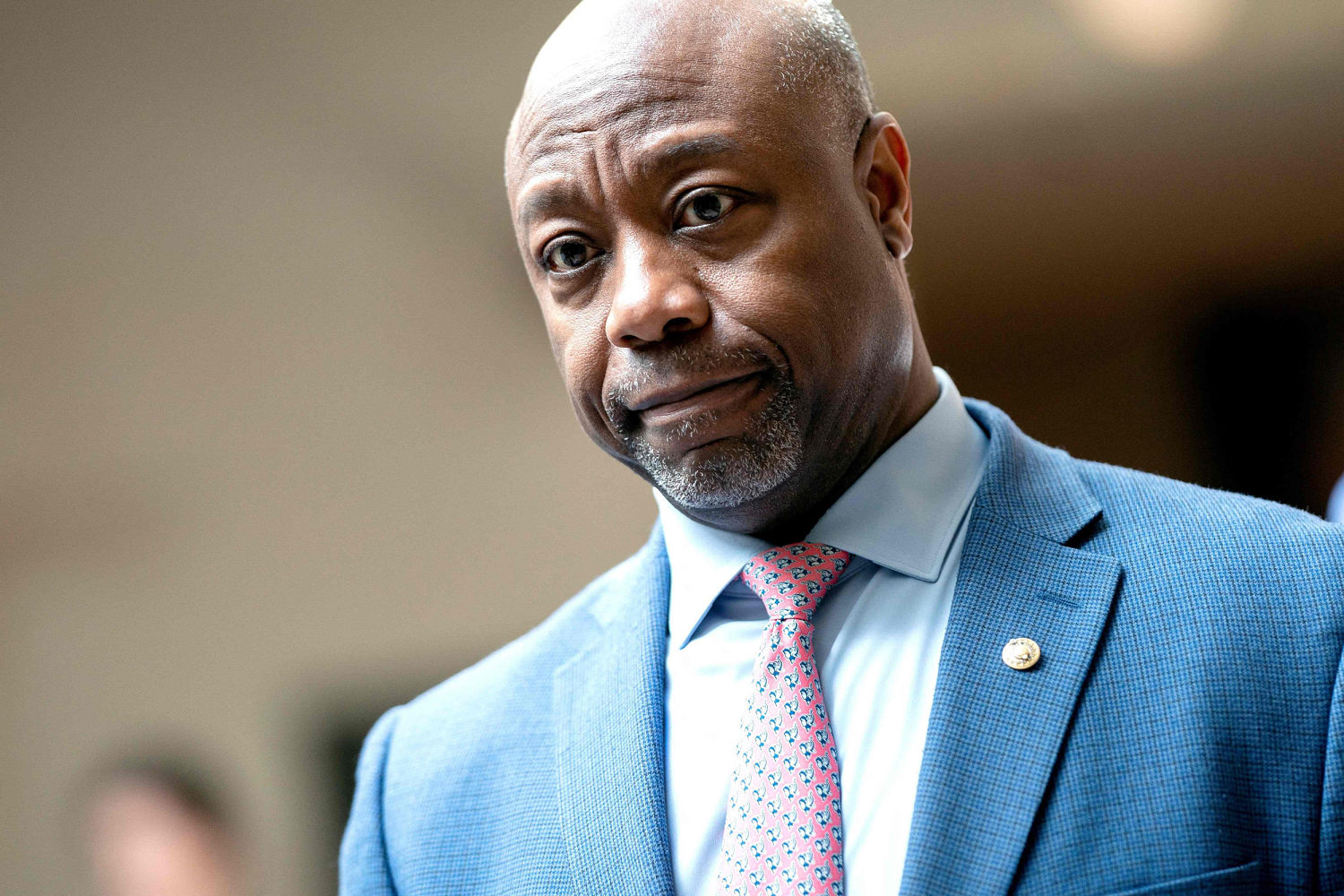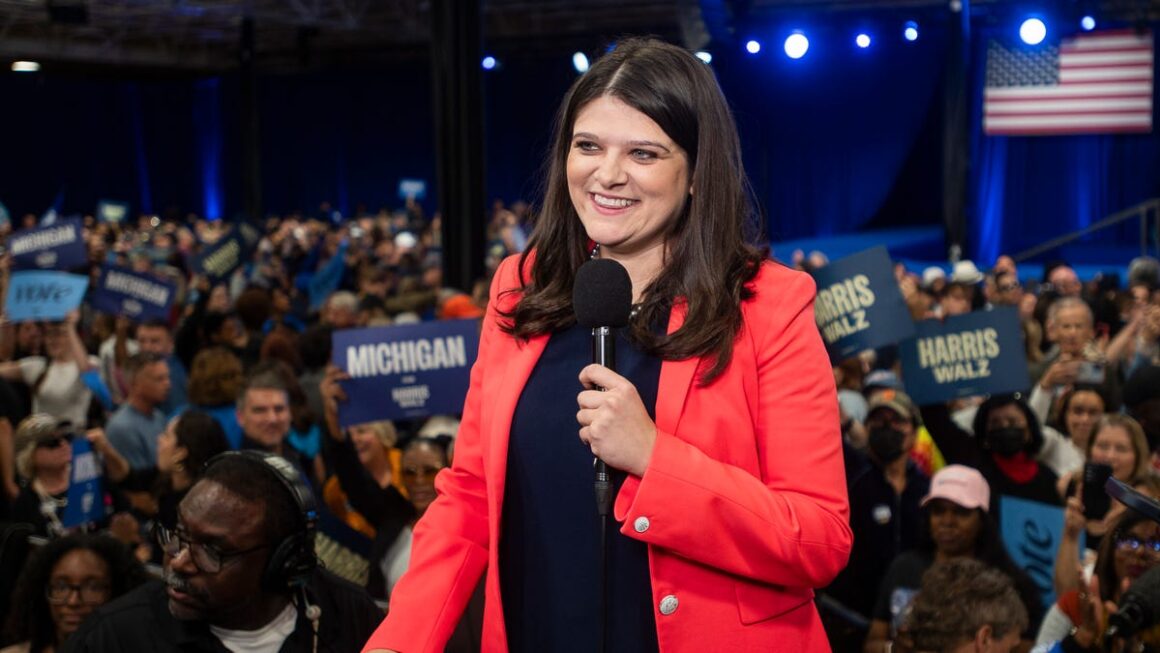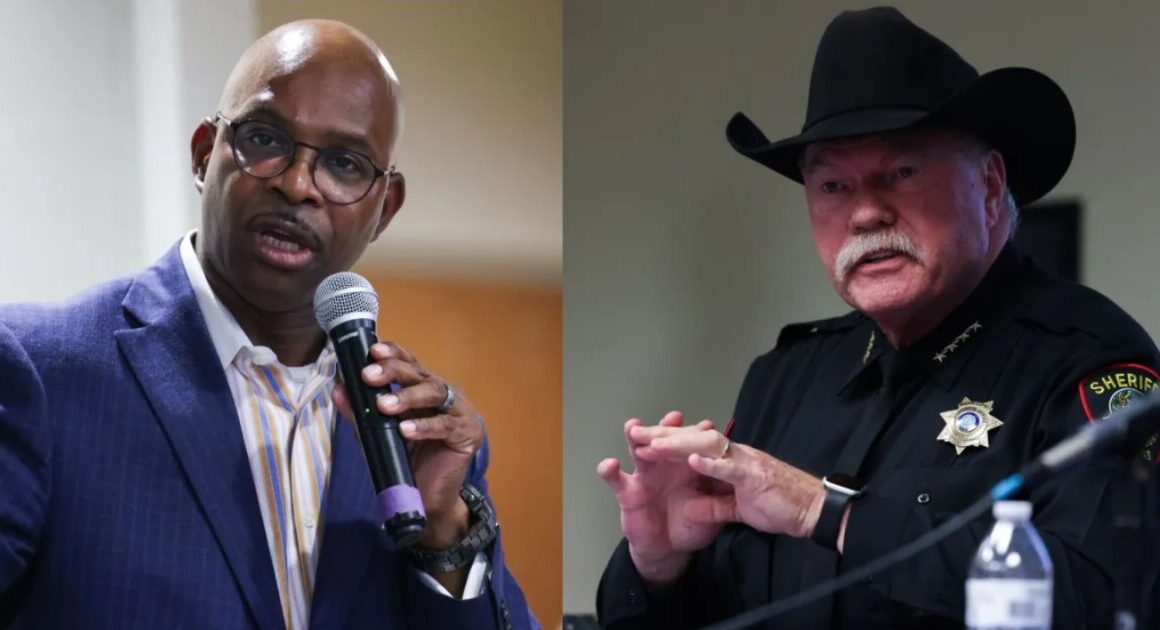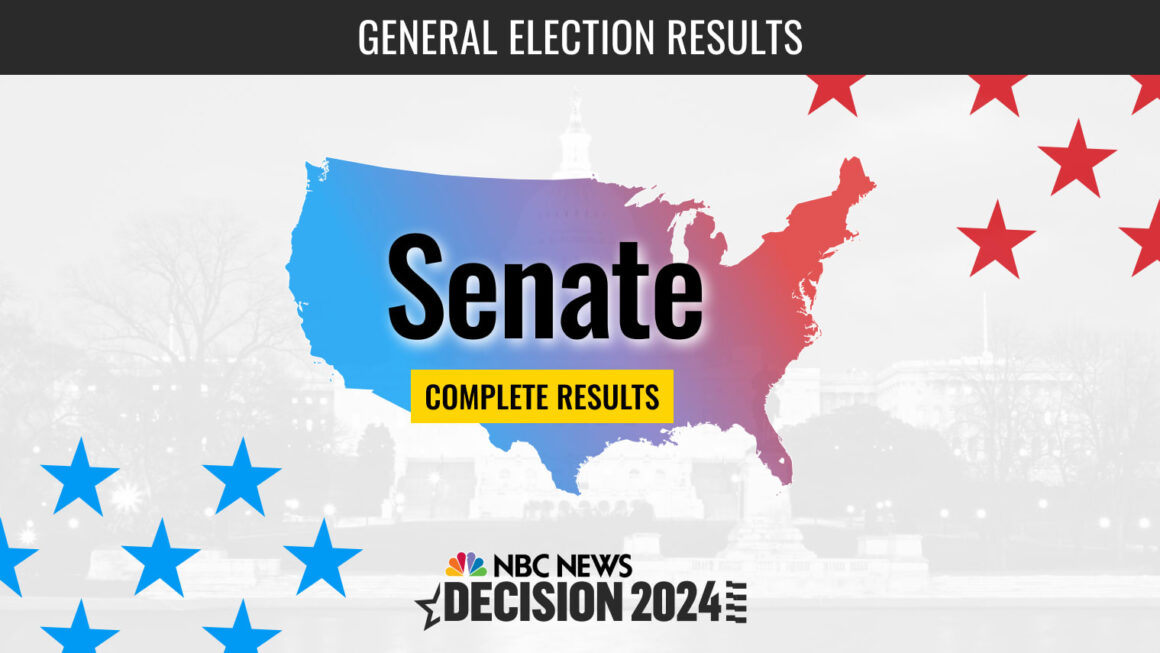
Miami Mayor Francis Suarez was the first Republican presidential candidate to exit the race, followed by former Rep. Will Hurd. Soon after, businessman Perry Johnson and media personality Larry Elder wrapped up their national bids, too.
Former Vice President Mike Pence was clearly the most notable candidate to call it quits when he ended his campaign on Oct. 28, but Sen. Tim Scott’s decision was the most striking to date. NBC News reported overnight:
Sen. Tim Scott of South Carolina announced Sunday night that he is dropping out of the 2024 Republican presidential campaign, shocking a TV interviewer and even his own campaign staff with an abrupt departure from the race.
Scott — the only senator who ran for president this year — broke the news during an appearance on Fox News, announcing his plans during an interview with former Rep. Trey Gowdy, a fellow South Carolina Republican.
Unless the host is a very good actor, Gowdy apparently had no idea what his guest was about to say on the air.
He wasn’t the only one surprised: Several members of Scott’s team told NBC News they had no idea he was ending the campaign until they saw him make his announcement on television.
Indeed, shortly before the senator’s on-air appearance, his campaign sent out a fundraising appeal with a subject line that read, “One last chance.”
The fact that Scott is walking away does not come as too big of a surprise. A month ago, the super PAC backing the South Carolinian’s candidacy scrapped the TV ad reservations it had made for the fall; Scott’s polling support was anemic; and he was unlikely to qualify for the fourth primary debate.
All things considered, the question wasn’t whether he’d exit the race, but when.
As recently as the summer, however, this hardly appeared inevitable. CNBC reported in late July that there were many Republican megadonors looking for an alternative to Donald Trump, who were also skeptical of Florida Gov. Ron DeSantis’ chances. The report added that it was Scott who was “seeing a wave of wealthy donor interest.”
So what happened? Scott’s campaign fell far short for a variety of reasons, starting with the fact that he never made much of an effort to differentiate himself from the GOP frontrunner. It didn’t help that the senator wasn’t much of a debater and didn’t have a platform. (His defunct campaign website didn’t even have an issues page.)
But perhaps most important was the disconnect between the campaign Scott envisioned and the one he ran. In February, ahead of the senator’s formal presidential campaign launch, Politico published a memorable report on his upcoming candidacy, noting that Scott was known “for his affability and easy smile.”
Politico quoted a confidant close to the senator who insisted that Scott has been “repulsed by the downward spiral of bullying and bomb-throwing that has become the hallmark of politics of late,” and he “feels motivated to do something about it.”
The report added that the South Carolinian was eyeing a 2024 campaign, hoping that “other Americans are similarly disgusted with the tenor of today’s politics, and want a candidate who will restore civility.”
This certainly helped summarize Scott’s political brand. The political world somehow settled on a consensus that he was the genial contender in the GOP’s presidential field. Others might throw mud or aim for the gutter, but the senator, we’d been told, preferred the high road. He’d bring a sunny disposition and a refreshing above-the-fray optimism to politics at the national level.
I long ago lost count of how many headlines I saw featuring the word “nice“ in reports on Scott, but suffice it to say, there were many.
Nevertheless, in the months that followed, Scott generated headlines by arguing that workers who go on strike should be fired, responding to the 2023 elections by vowing to impose a federal abortion ban whether it’s popular or not, and insisting that President Joe Biden has “blood on his hands” in response to Hamas’ Oct. 7 attack on Israel.
His concerns about “civility” and “the downward spiral” of political bullying were put aside.
Or put another way, the only thing missing from Tim Scott’s sunny and optimistic vision was sunniness, optimism, and a vision.
This post updates our related earlier coverage.
![]()









